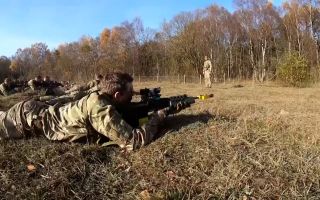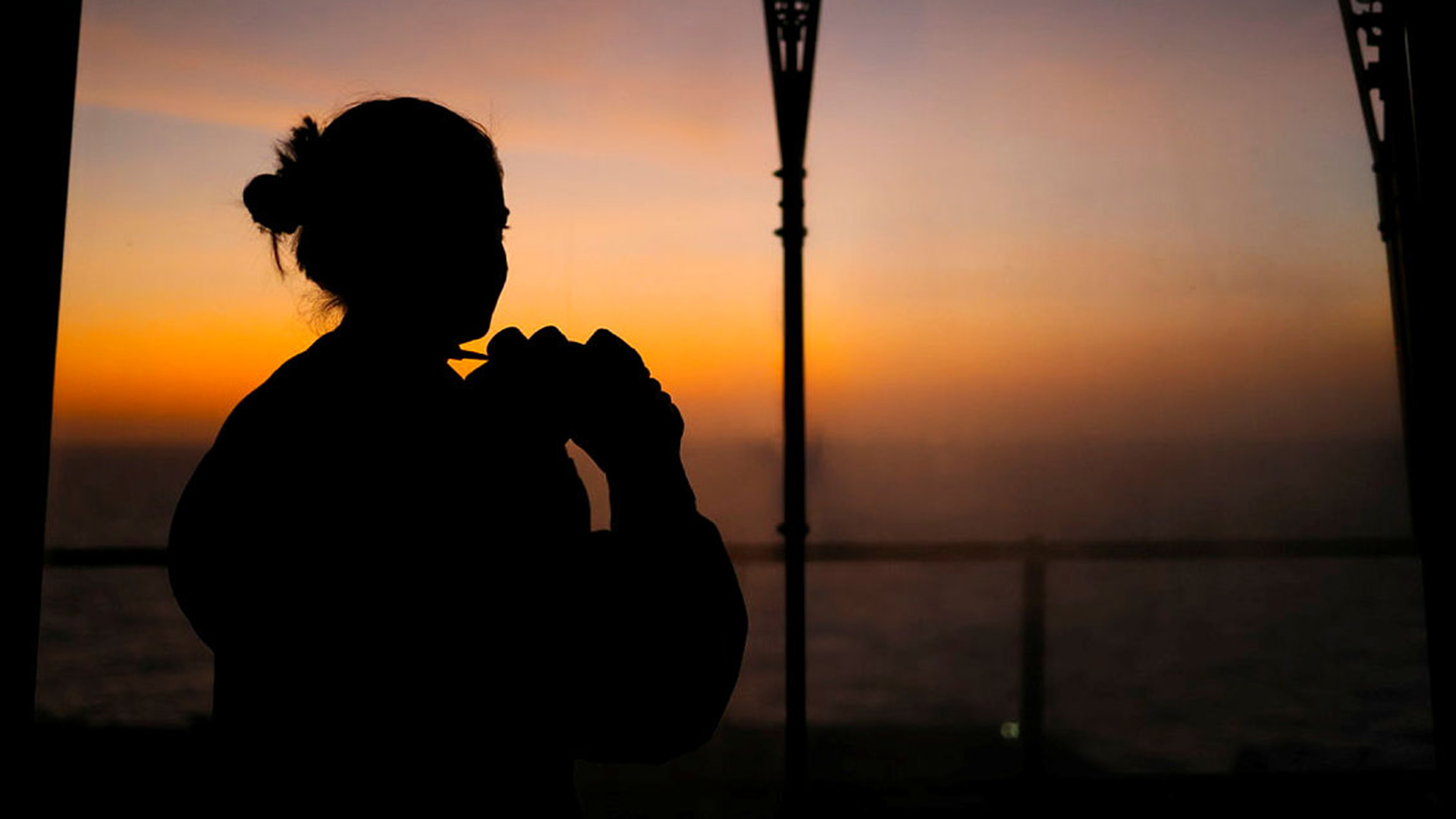
Female veterans offered safe space to discuss trauma during time in uniform

The Armed Forces have been the focus of numerous sexual harassment and discrimination complaints from female veterans - which a specialist task force is now investigating.
But what about the impact of these alleged incidents on the mental health of the women involved?
Female veterans in eastern England, who have experienced trauma while serving, now have the chance to seek specialised mental health support thanks to a scheme developed by the Veterans Integrated Service at the Norfolk and Suffolk NHS Foundation Trust (NSFT).
Clinical nurse Vicki Bailey says she launched the project after realising just how many female veterans needed help with their mental health, but at the same felt there were barriers to seeking support, particularly while they had still been serving.
So far, around 40 female veterans have come forward to seek help with various mental health issues, though sexual abuse is the most common issue concerning women who have spent time in the Armed Forces.
"Predominantly it has been around military sexual trauma, [but] it can be around the depression, anxiety, [or] substance misuse as well," said Ms Bailey.
"We've found… females have not felt comfortable coming forward and speaking to professionals, or being in that environment, because of being in front of [male] counterparts.
"If it is military sexual trauma… it might be a triggering space for them, so they don't feel safe.
"We wanted to provide a space so women can feel safe."
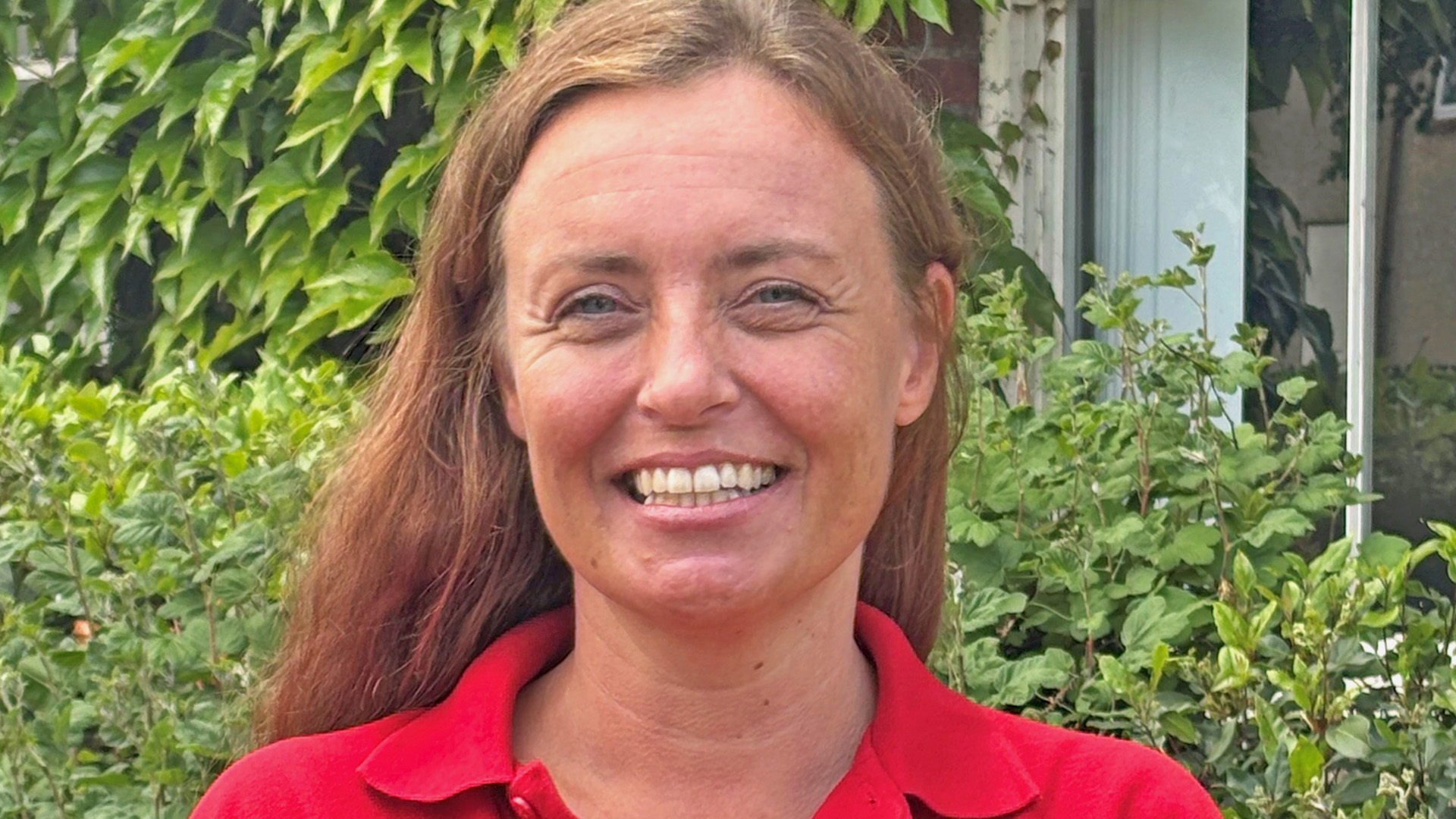
Ms Bailey says people suffering from mental health problems typically become socially isolated and push others away, which is why she is offering an open door.
"Any females that have served, no matter what their rank or length of service… they are more than welcome to come and join our groups," she said.
"The aim is to provide an online social space and a network for female veterans to build on relationships with other female veterans."
Mandy Small, a veteran who served for 12 years in the RAF Police, was one of the first women to use the service.
Her mental health suffered after she was injured in Iraq in 2007.
"[I] knew I was struggling, something wasn't right within myself," she said.
But she hesitated to seek help while she was still serving.
"I worked in a male-oriented section, I was scared of looking weak, which is completely wrong because the strongest thing you can do is ask for help," she added.
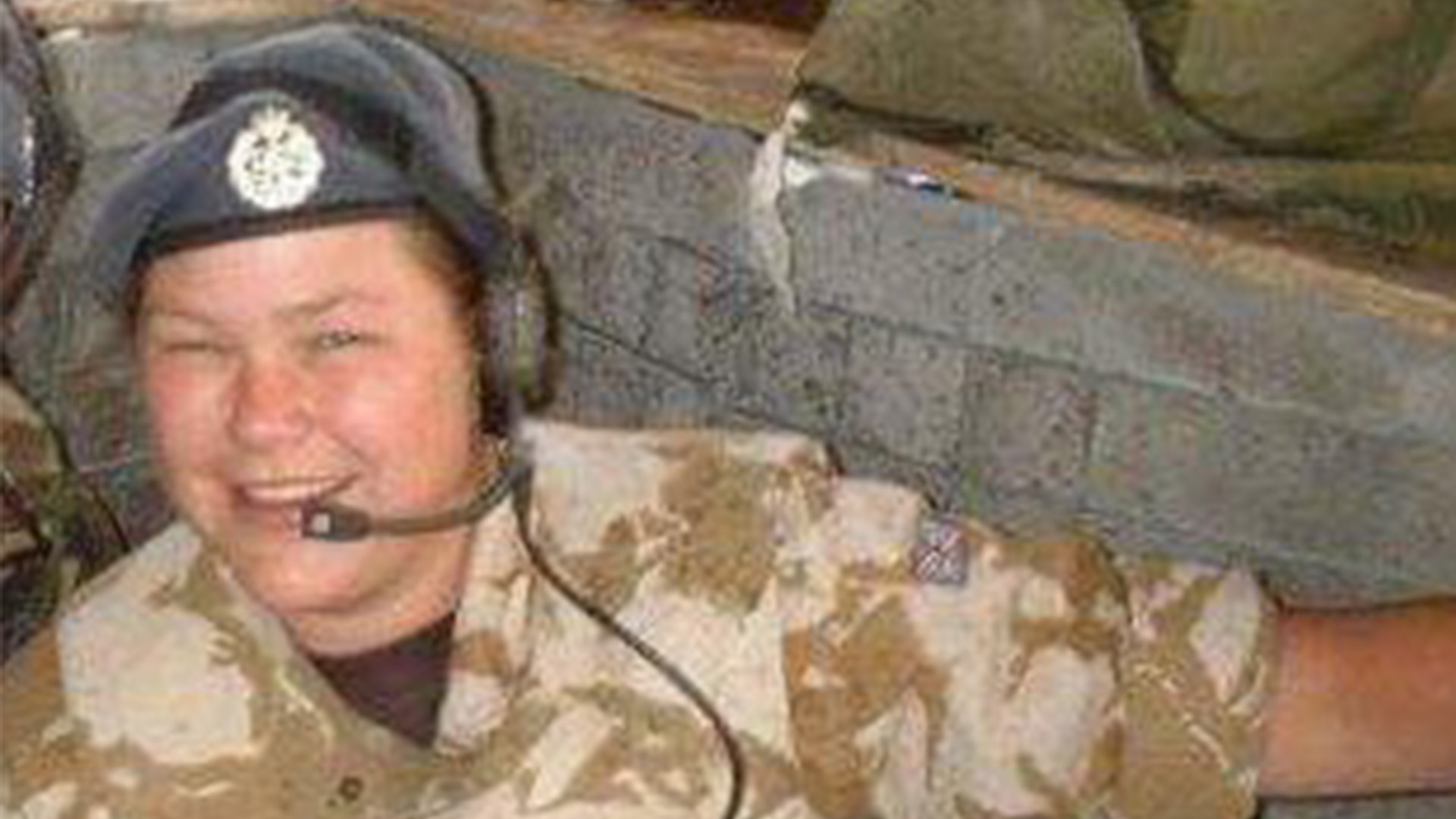
Ms Small eventually realised she had a serious problem after becoming overwhelmed in a crowded supermarket.
"I was absolutely terrified and I left my trolley in an aisle and walked out. I didn't go back into a shop by myself for about 18 months after that," she said.
Ms Small was diagnosed with PTSD, which disrupted her sleep as well as her overall mental health.
"When I did sleep, I was having nightmares," she explained.
"I'm normally extremely laid back, but I was tense, I was angry and I think probably that's what scared me more, because it was like I'd had a full-on personality change."
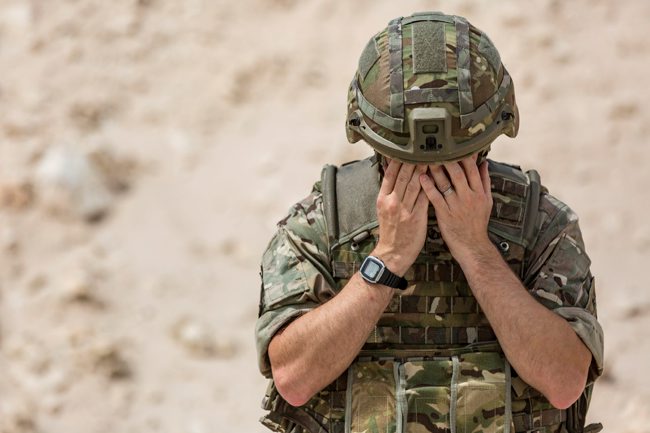
The NHS also offers a service for both men and women called Op Courage, which allows current and former service personnel to seek help without a referral from a GP.
"I still sadly think there is a lot of stigma around asking for help with mental health," said Tracey Slater, a clinical nurse specialist for Op Courage, who believes military life does not necessarily encourage people to be in touch with their own emotions.
"You get on with it… you're given an order, you react, you're trained, you haven't got time to think, you haven't got time to express these emotions, to understand these emotions," she said.
Ms Slater says most find it easier to eventually open up to a healthcare professional who can relate to their experiences in the Armed Forces.
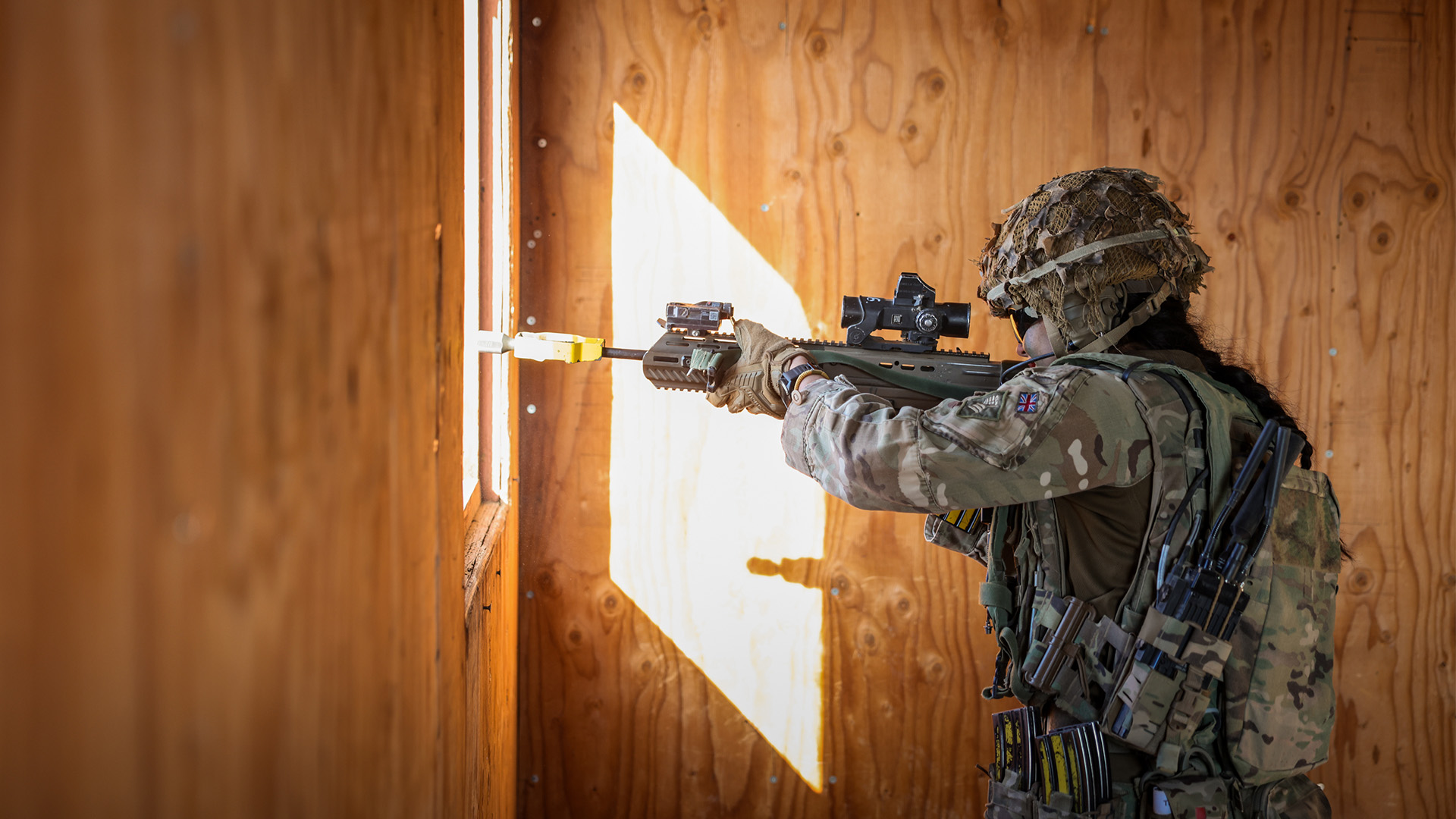
She says veterans of both sexes can struggle with a range of issues, including the transition from the Armed Forces into civilian life, but now the organisation is also seeing an increasing number of female veterans coming forward to talk about the sexual abuse they say they suffered while serving.
"There are females who have said that they have been sexually abused in the military, some of whom have never spoken about it before," said Ms Slater.
"In the military, [they] are scared to speak out, because [they] might work with this person.
"How can you speak out and tell somebody that you've been sexually assaulted, possibly by someone of a higher rank? So you learn to keep your mouth shut.
"They bury that trauma and then it's that cycle of low mood, they become self-isolated, depressed, anxious.
"[By] having the female veterans pathway, we can talk about that."
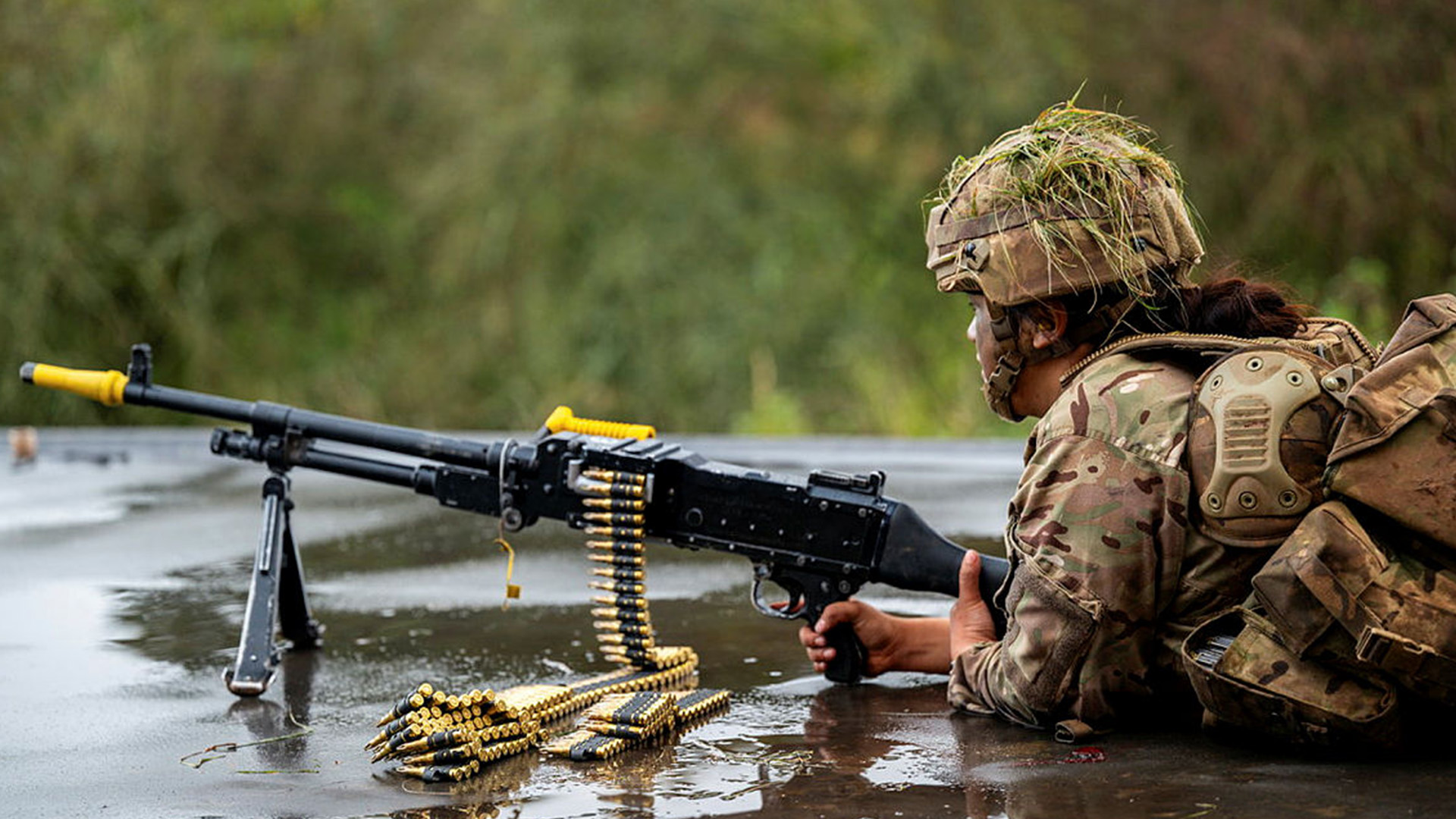
After a long search to find the right therapist, Ms Small now benefits from counselling, which she says has changed her outlook on life and helped her cope.
This now also enables her to support the NSFT scheme and encourage other woman to do the same.
"Being able to come forward and talk about that and have a voice that is listened to, it goes a long way to making them feel whole again," she said.
Ms Small also believes some veterans find their mental health struggles worsen after they leave the social structure the military provides, which is why it is crucial to seek help after transitioning into civilian life.
"If you have a safe space, you can open up and once you’ve opened up that problem you’ve been holding onto for five, 10, 15 years doesn't seem as massive," she added.
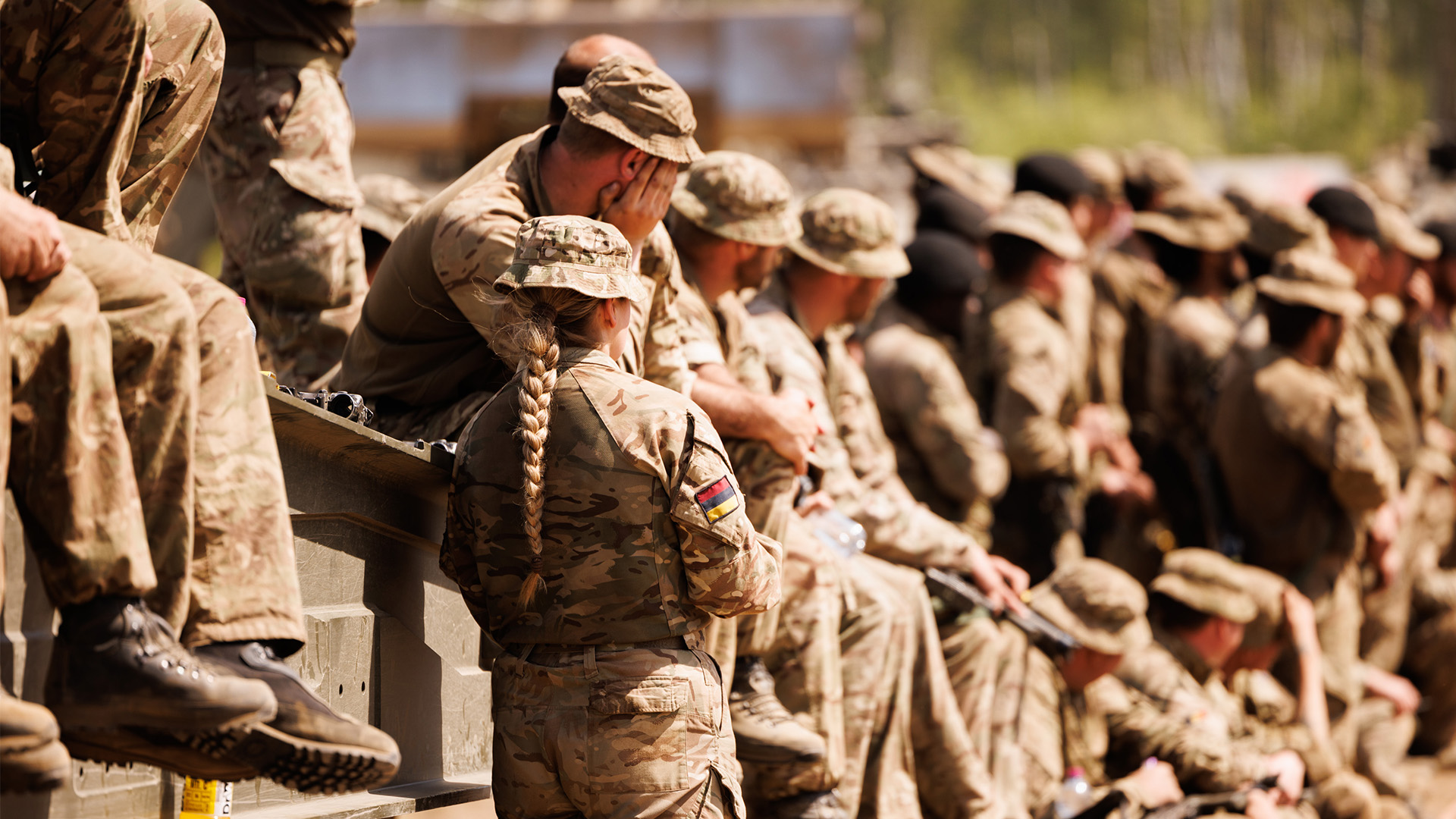
Help is also available for those still serving.
A recent report revealed one in eight members of the Armed Forces - male and female - sought support for mental health reasons in the last year, with female personnel seeking help more often than their male counterparts.
But at the same time, the Armed Forces have also been at the heart of several high-profile sexual harassment cases, some of which have had devastating consequences.
In December 2021, 19-year-old Gunner Jaysley Beck took her own life while serving at Larkhill Camp in Wiltshire.
The Army service inquiry and inquest into her death uncovered harrowing details of sexual harassment and systematic failures that contributed to her death.
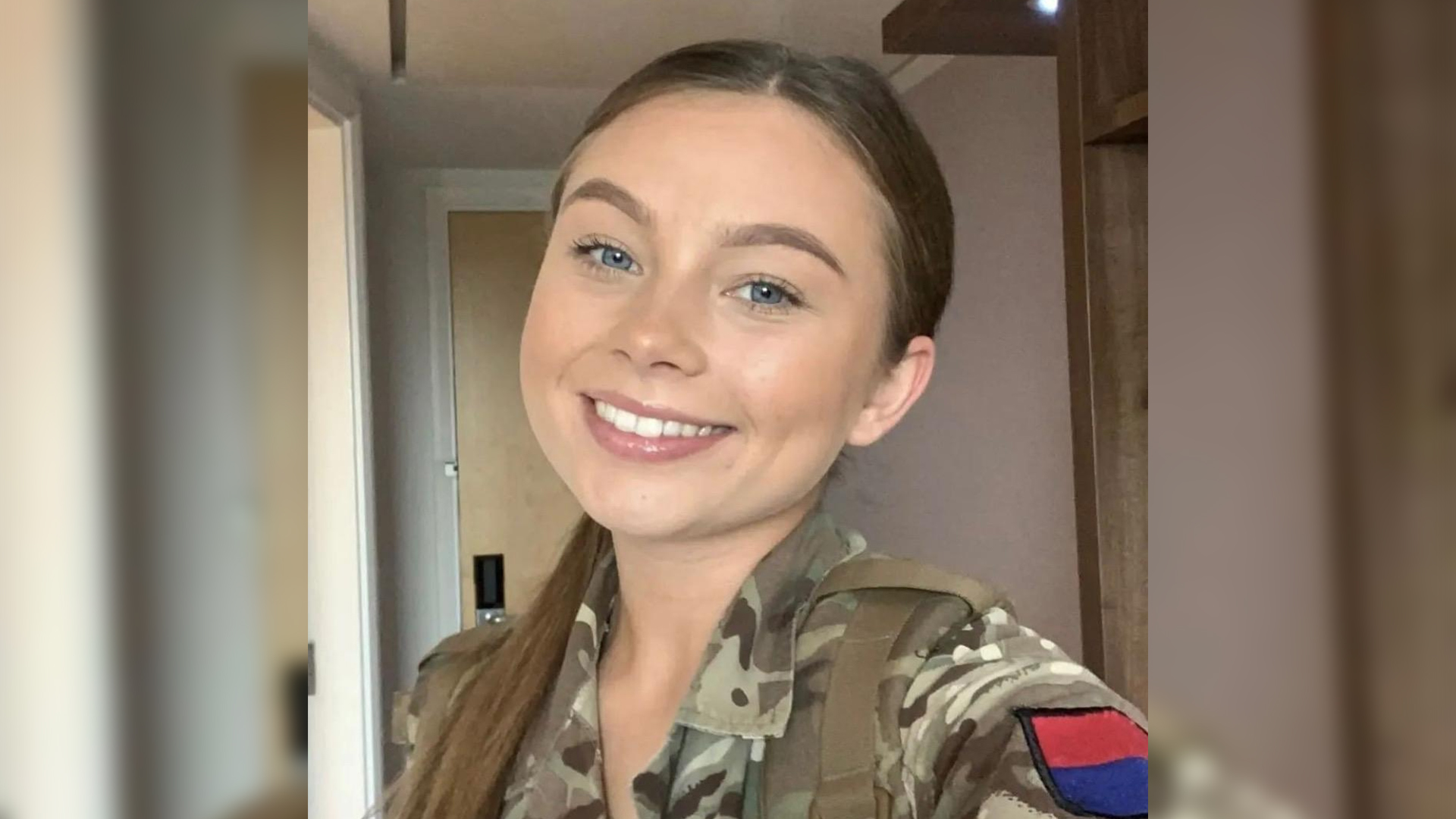
Ms Small says while she never directly experienced sexual harassment herself during her time in the RAF, she was aware of it happening in the military.
"It was like the behaviour was enabled, because it was put down to banter," she said.
In response to the surge in recent sexual harassment allegations, the MOD has implemented a series of changes to eradicate unacceptable behaviours in the military and stepped up support for female service personnel.
A new tri-service complaints unit for the Armed Forces has been set up, which is independent of the chain of command.
The MOD has also established the Violence Against Women and Girls Taskforce to help raise awareness of and tackle violence against women and girls across the military.
Call for female veterans to seek help
But there is still a large legacy of women unable to come to terms with traumatic experiences and Ms Bailey is urging those who are struggling to come forward.
"The biggest step is that first step of reaching out and asking for support, but once you have, it's a huge relief that people feel once they've done that," she said.
"It's a safe space for people to get together and talk to other people that get it and we're hoping that once they've done that, that they feel more relaxed and comfortable within that group."
Organisers are planning to develop the programme with a weekly stabilisation group meeting and in-person activities such as walks, or simply having a cup of tea together and a camp fire chat.
"You can just come, sit and listen and sometimes that can be that first step for people is just hearing what is going on, what's being talked about," said Ms Bailey.
The hope is broaden out the programme to a national level in future to reach even more women who may need support.




